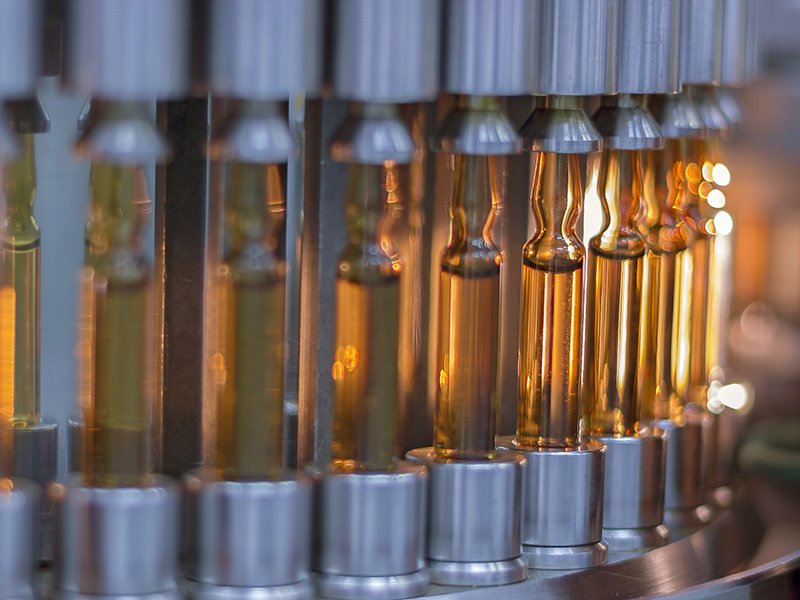The federal government has awarded McKinsey another $2 million contract to assist with its efforts to establish an onshore mRNA vaccine manufacturing capability, after the consulting giant developed a secret business case earlier this year.
The government has now paid McKinsey more than $4 million to provide advice on local mRNA vaccine manufacturing, with the process still in its infancy.
At a Senate Estimates hearing on Thursday morning, industry department general manager David Luchetti revealed that McKinsey was recently awarded a $2.1 million contract to provide assistance to the government during its approach to market for a local mRNA manufacturing capability.
This is on top of a $2.2 million contract awarded to McKinsey last year to develop a business case for this local capability.

The government has refused to release this business case despite confirming that it is driving its policy decisions in the space, and the McKinsey contract was not publicly released until months after the work was completed, in violation of government procurement rules.
This was due to an “administrative error” the department later said.
The new contract was recently awarded to McKinsey and is yet to be posted publicly on AusTender.
It means McKinsey has now been paid more than $4.3 million to provide advice to the government on a local mRNA vaccine capability.
This was needed due to a lack of knowledge within the department, Mr Luchetti told the Senators.
“Within the department we don’t have specific expertise around mRNA technology. It’s a very new technology. We’ve been using McKinsey to assist us with this and provide advice around the manufacturing process,” Mr Luchetti said.
“In Australia industry itself does not have an existing capability to actually manufacture the mRNA vaccination. One advantage of McKinsey is they’ve allowed us to reach back to other countries in their network to understand the requirements and challenges of this space.”
In last month’s federal budget the government provided funding for an onshore mRNA capability, but did not reveal the dollar amount due to “commercial in confidence” sensitivities.
Weeks later it opened up an expression of interest process for manufacturers, other companies and state governments to present a fully-costed blueprint on the issue, which will be open for two months.
The government has also established an mRNA advisory board to assist in this process, but will not be revealing its members due to concerns that companies applying to the tender process may approach them.
Crossbench Senator Rex Patrick raised concerns with this, saying that secrecy around the awarding of contracts is an “incubator for corruption” and that the “US would not tolerate that”.
The Victorian government allocated $50 million in the recent state budget to support mRNA vaccine manufacturing in the state.
The industry department representatives told the Estimates hearing that this could be entirely separate to the federal government’s efforts, and that Australia could end up with two mRNA manufacturing capabilities, or they may be combined.
Do you know more? Contact James Riley via Email.

